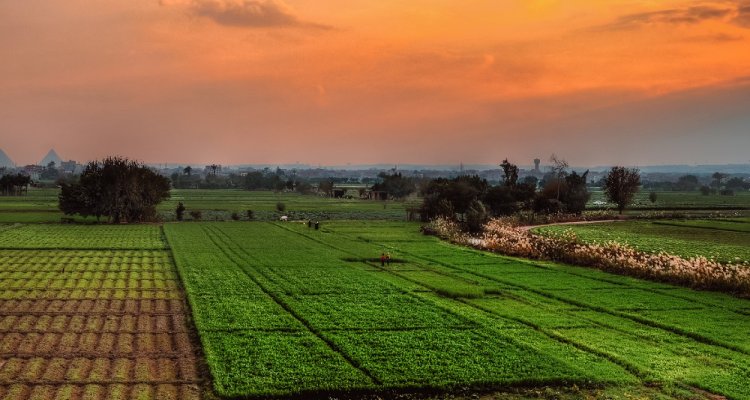
Project
Fueling the future of farming
The UN has urged the world to become CO2 neutral to keep the temperature rise below 1,5ºC. Farmers can play a crucial role in the energy transition by (1) reducing use of fossil fuels, (2) producing green energy to society and industry, and (3) supporting the electricity grid by buffering supply and demand. Despite investment in solar energy and wind turbines, farmers in Spain and the Netherlands still need fossil fuels. New investment in solar parcs or wind turbines are often not possible due to overload of the local electricity grid. The key challenge is a mismatch between green energy supply (electricity on windy/sunny days) and energy consumption (diesel for tractors). Therefore this project explores the potential of hydrogen to store energy and replace fossil fuels. The project will design energy system based on production, storage, utilization and sales of green hydrogen. And will determine what the next research questions are, connect with relevant partners and seek funding opportunities.
Most initiatives on hydrogen focus on large-scale production for industry or mobility, but this hydrogen project is specifically targeted on the application on arable farms. In contrast to large scale industry, farmers are often family-owned companies with relatively little investment capacity, large amounts of land, and the ambition to combine energy production with food production. Another innovative aspect is that the project actively build a consortium of Spanish and Dutch partners. Climate change is an international challenge. Rather than inventing the wheel again, this project aims to work together to combine the best technologies across Europe to build the best solutions for arable farmers. Building an international consortium also has advantages to apply for funding.
The step to face out fossil fuels and become a green energy producer is not yet possible for arable farmers. The technological potential of hydrogen is unclear, let alone if investments are economically viable. Therefore this project explores the potential of green hydrogen for farmers, the opportunities and challenges, and what still needs to be developed before on-farm application can be considered. Once this project is finalized, the consortium partners have the key ingredients to apply for large scale funding on various aspects to further develop and test new energy systems for arable farms. Therefore this project is truly a seed money proposal requiring a relatively small budget to create a large tail of spin-off projects on the energy transition on farms.
The consortium has ten partners across the hydrogen value chain. CENER is a well-known institute with expertise in renewable energy and the Spanish energy market. The KU Leuven brings in their unique expertise of solar panels that can directly produce hydrogen with solar radiation and air humidity. The consortium is completed with eight Dutch and Spanish companies that have expertise in various expertise of green energy and hydrogen application. The balance between Spanish and Dutch partners and the diversity of expertise’s is crucial to execute the project.